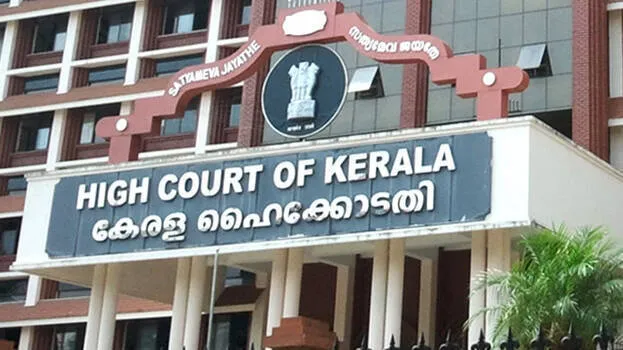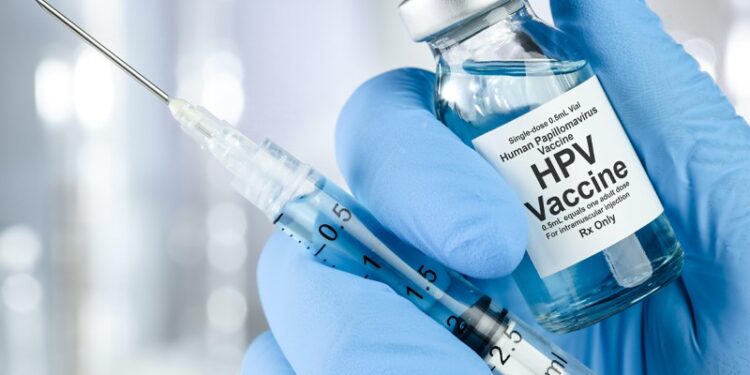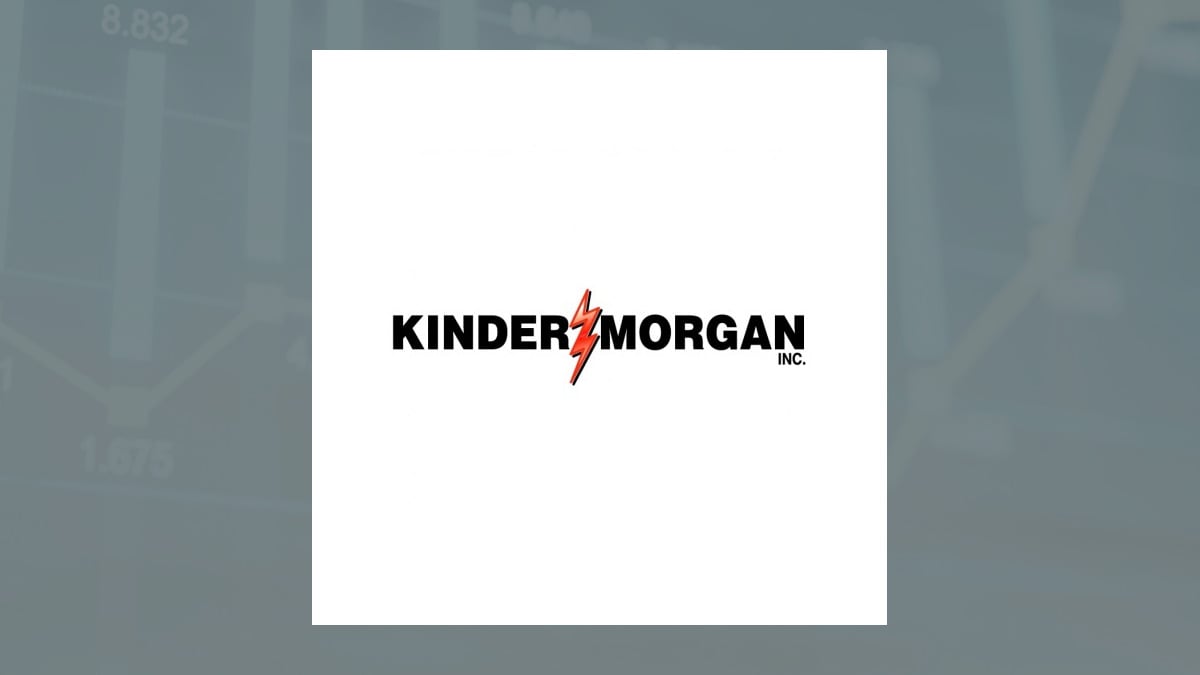
Brazilian meatpacker, JBS has announced that it has signed a memorandum of understanding with the Nigerian government for a $2.5 billion investment plan, which includes constructing six new factories in the country. In a statement, JBS said three of the factories would deal in poultry, two in beef and one in pork.
Based on the memorandum of understanding, JBS said it will build up a five-year investment plan in Nigeria, including feasibility studies, budget estimates and an action plan for local supply chain development. The government of Nigeria, in turn, would ensure the economic, sanitary and regulatory conditions needed for the project’s viability, JBS added. However ProVeg Nigeria and ProVeg Brazil said in a joint statement the plan by JBS to expand its operations in Africa is counterproductive to ensuring food security on the continent.

“Large-scale, intensive animal agriculture operations lead to heightened biosecurity risks, increased antibiotic resistance, deforestation and climate-damaging emissions. “This is the completely wrong approach to food production in Africa in the 21st Century and detrimental to food security as it will lead to feed agriculture being prioritized over food production for the people. We can feed seven times more people with nutritious, plant-protein rich food than with inefficient animal protein” Hakeem Jimo, Director of ProVeg Nigeria, said.
According to Jimo, the move contradicts the signing, by Nigeria, of a Declaration on food and emissions at the UN climate summit, COP29, last week. Signatories call on the EU Commission, OECD countries and China to base the cost of food on greenhouse gas (GHG) emissions, acknowledging that livestock production generates the most GHG emissions responsible for climate change in the global food system. “Aline Baroni, Director of ProVeg Brazil said, “Intensive animal agriculture operations bring greater risk of zoonotic diseases like bird flu, as well as pollution of waterways from run-off and a damaging effect on nature and biodiversity.
On top of this, 32 per cent of methane emissions, which is a powerful greenhouse gas, comes from animal agriculture,” Baroni said. ProVeg thereby advocates for more investment in nutritious, climate-friendly plant-rich diets, stressing that animal agriculture is responsible for up to 20 per cent of carbon emissions and only by shifting to more climate-friendly diets – grains, beans, pulses, fruit, vegetables and alternative proteins – will these emissions be reduced..













